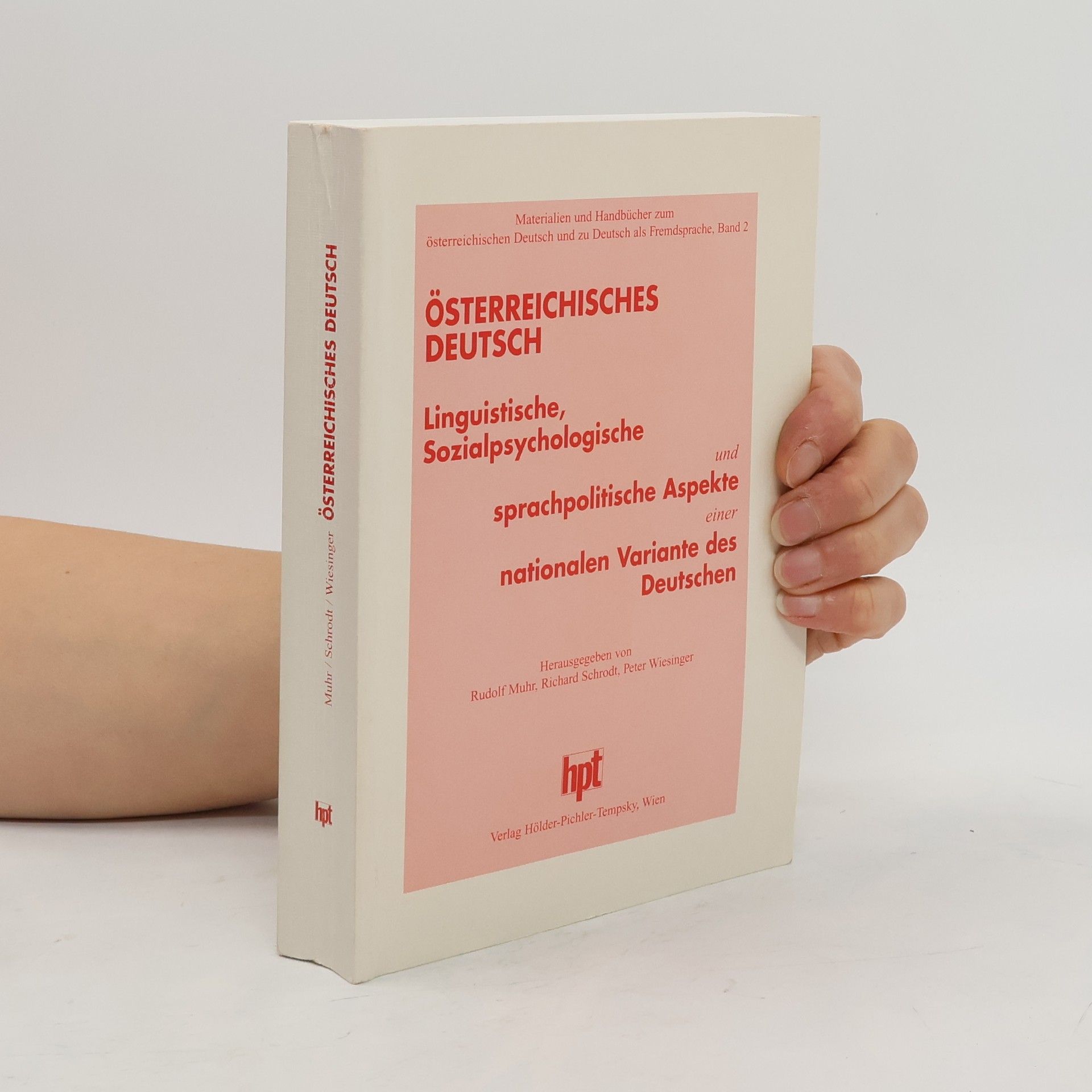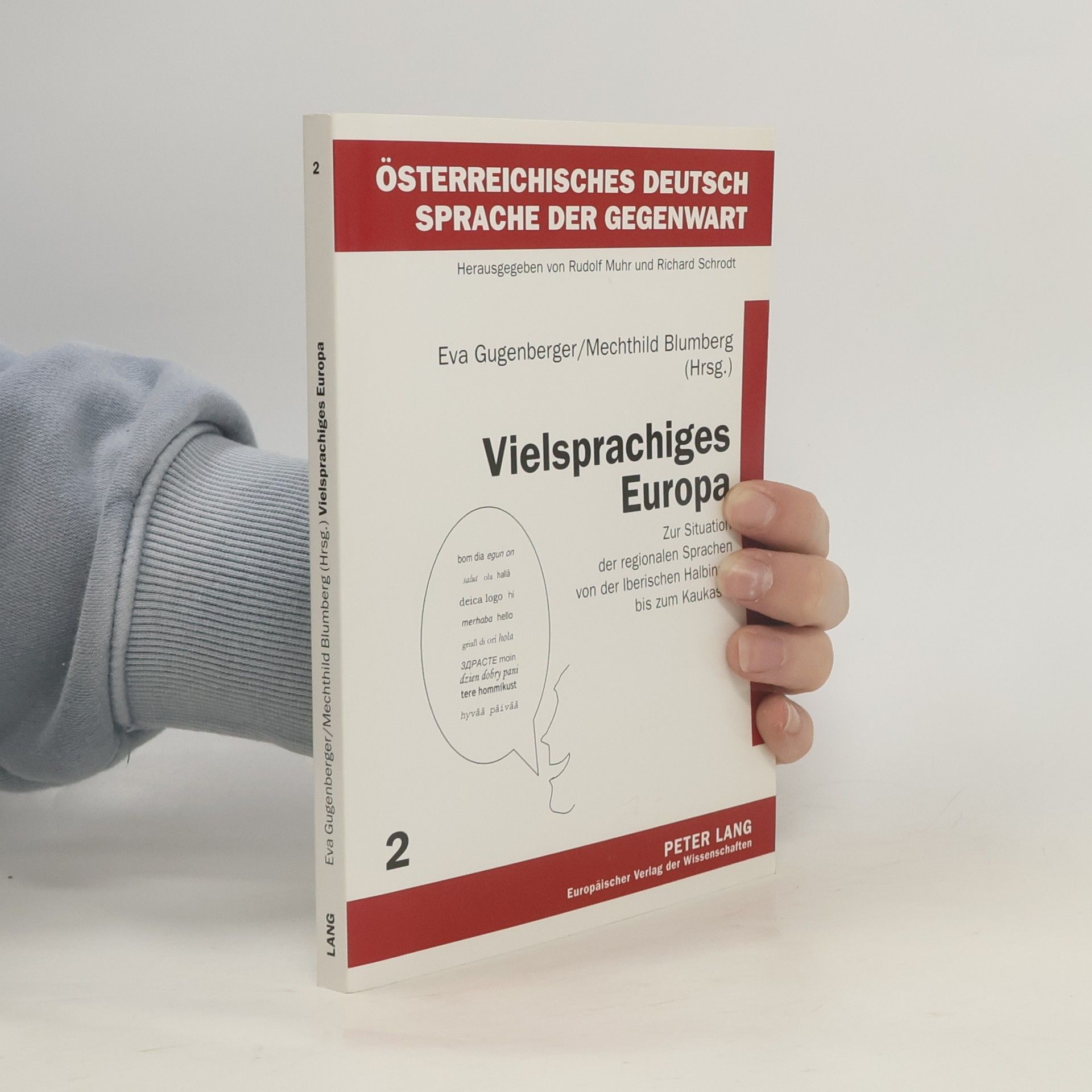Wie man mit fehlerhaften Korpusdaten Sprachpolitik macht:
Der Fall der Variantengrammatik des Deutschen
- 476 stránek
- 17 hodin čtení
Die Analysen von 200 der 969 Einträge der Variantengrammatik (VARGR) des Deutschen enthüllen gravierende Mängel in der Datenqualität, wobei 60% der Informationen als falsch oder unbestätigt gelten. Die AutorInnen kritisieren die sprachpolitischen Ziele der VARGR und zeigen auf, dass das Standardmodell der Plurizentrik nicht durch die empirischen Daten gestützt wird. Stattdessen wird das Modell der Pluriarealität des Deutschen als nicht bewiesen dargestellt. Die Ergebnisse untermauern die Existenz nationaler Varietäten und bestätigen, dass Deutsch eine plurizentrische Sprache ist.


![Österreichisches Aussprachewörterbuch, österreichische Aussprachedatenbank ; [mit CD]](https://rezised-images.knhbt.cz/1920x1920/0.jpg)
